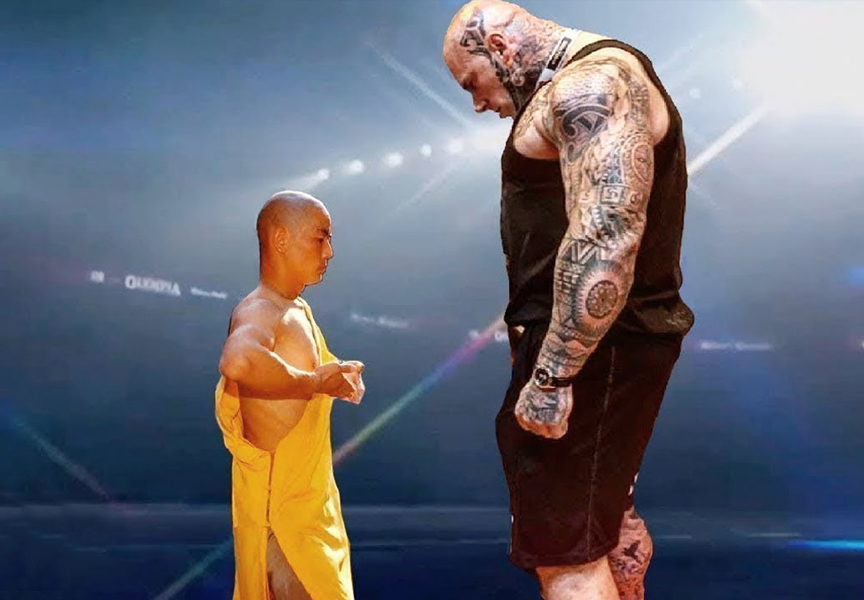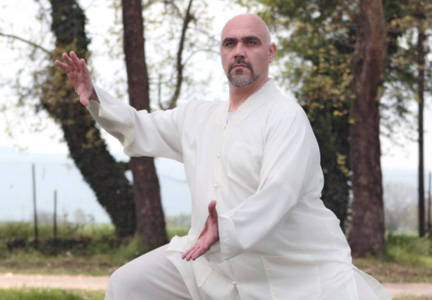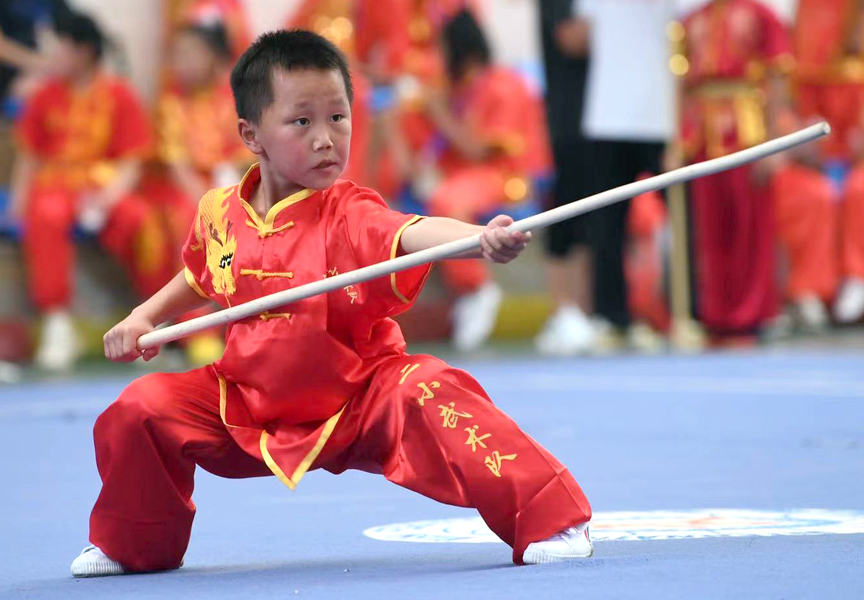Random Free Articles
- Evaluations Over Examinations in Martial Arts

A Holistic Approach to Progress Martial arts, beyond being a physical discipline, is a profound journey of self-discovery, discipline, and continuous improvement. Traditional examination systems have long been ingrained in martial arts culture, with students undergoing rigorous testing to advance to the next belt rank. However, a paradigm shift is underway, as many Traditional martial arts schools, and Shaolin in particular, are embracing the…
- A Journey of Mind and Body

Martial arts have a rich and storied history, with roots that stretch across cultures and centuries. From ancient practices like Kung Fu and Karate to modern disciplines like Brazilian Jiu-Jitsu and Muay Thai, martial arts encompass a wide range of techniques and philosophies. While many practitioners focus on the physical aspects of martial arts, such as strikes, kicks, and grappling, it's essential to recognize that the most important…
- Qualities of a True Martial Arts Master

Martial arts is not just about physical prowess; it's a holistic discipline that encompasses mental, emotional, and spiritual growth. At the heart of every successful martial arts journey stands a master, a guiding light who possesses not only exceptional combat skills but also a myriad of qualities that inspire, teach, and transform their students. The qualities that define a true martial arts master go beyond technique and strength;…
- Rouquan Shaolin Internal Exercise

Soft Fist - Rou Quan [Chin.: róuquán 柔拳], is an excellent Shaolin Internal Exercise «Nei Gong» [Chin.: Shàolín nèigōng 少林 內功], which constantly develops human body’s physical and vital energy reserves and in conjunction with the «Five Skills» [Chin.: wǔgōng 五工], allows strides of improvement to anyone who wants to evolve his skills in concentration, balance and deep relaxation. Shaolin Rou Quan addresses to all…
- Expecting the Unexpected in a Martial Art

Martial arts have a rich history of teaching discipline, self-defense, and physical fitness. These arts come in various forms, each with its unique techniques, philosophies, and principles. One fundamental aspect that martial artists are continually taught is to expect the unexpected. This core principle not only enhances one's effectiveness in self-defense but also extends to various aspects of life. In this article, we will explore the…

